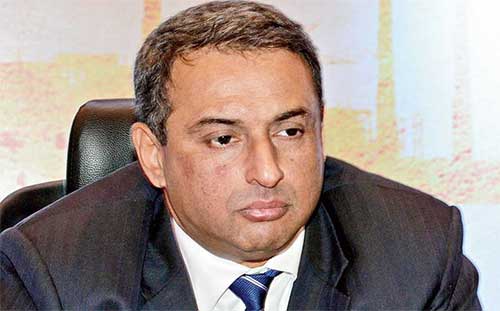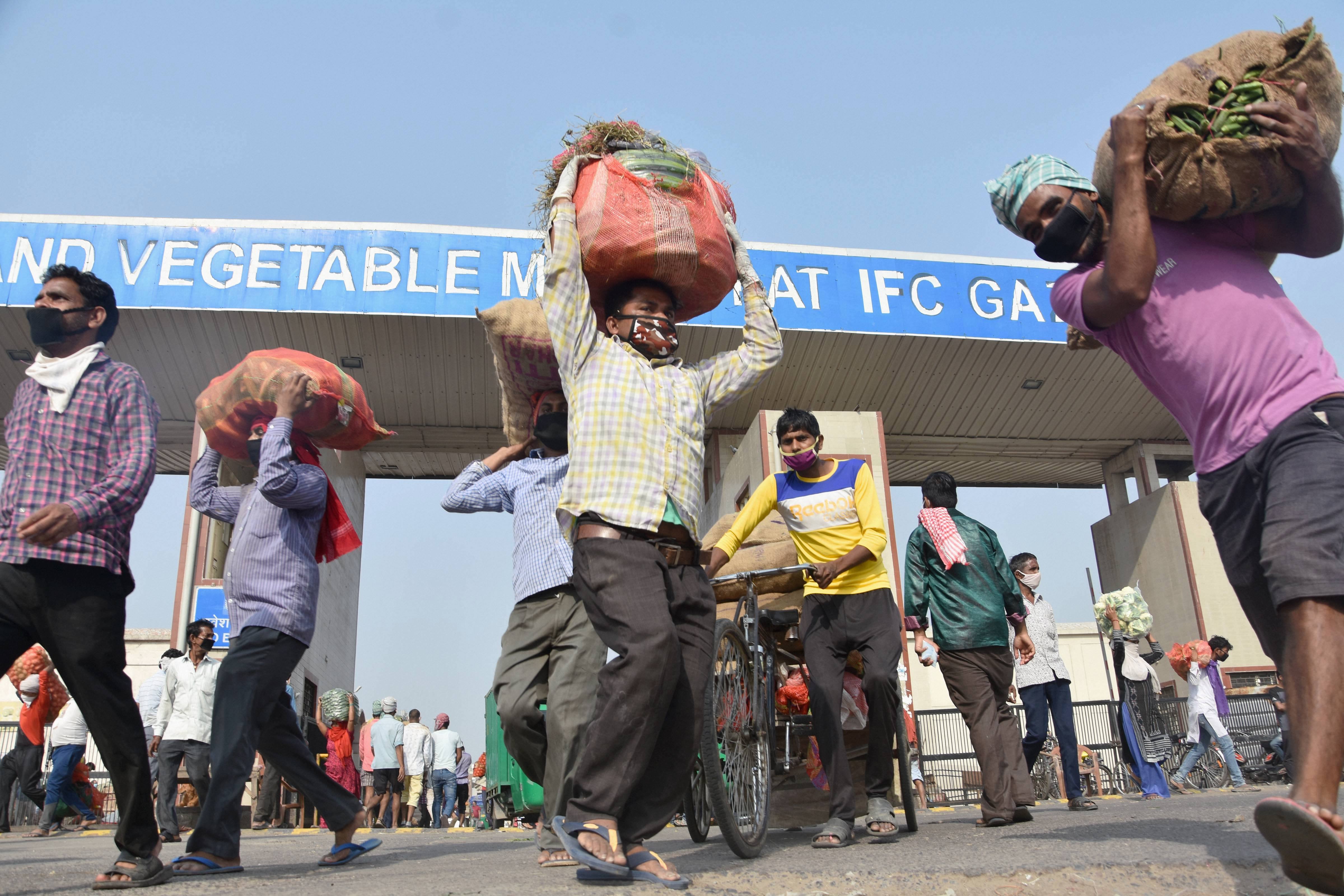The big boys of business are chafing at the bit and frustrated that the Narendra Modi government has extended the lockdown restrictions again in the so-called red zones, which also house the country’s largest industry clusters.
Responses to the latest extension have been less effusive than earlier. The guarded reaction masks mounting concerns about how — and in what shape — India Inc will emerge from the exogenous shock that the coronavirus has inflicted on the economy.
“I hope that on May 17th, the opening up will… be pan-India and comprehensive,” tweeted Anand Mahindra, chairman of the Mahindra group, who has been a supporter of the Modi government.
Patience is wearing thin and no one in industry wants this lockdown to drag on forever.
“A disproportionate part of the gross domestic product (GDP) comes from what is classified as the red zone today. So, reviving economic activities in green zones may not suffice,” Tata Steel managing director T.V. Narendran told The Telegraph on Saturday. “We have reached a stage where we need to push the boundaries a bit.”
The core of industry’s concern is that a staggered exit from lockdown restrictions deepens the crisis because the inter-linkages between the various sectors of the economy still lie in tatters.
Mahindra hoped that the “new lockdown” represented a “calibrated preamble” to an exit from the restrictions.
The automobile and tractors tycoon is not happy with the continued restrictions and had said as much in an earlier tweet on April 28.
At the time, he had warned: “A ‘calibrated’ lifting of the lockdown means sequential opening of different parts of the country; then industrial recovery will be painfully slow. In manufacturing, if even one feeder factory is still locked down, then the final product assembly will be stalled.”
Mahindra’s plants are located in Mumbai and Nashik, both of which are classified as red zones.
He was echoing a sentiment expressed a few days ago by Bajaj Auto MD Rajiv Bajaj, who had said it made no sense to allow automobile firms in the green zones to reopen when the country’s biggest auto dealerships remained shut.
Bajaj has refused to reopen his two-wheeler factory in Uttaranchal even though he has received all the necessary approvals from the local authorities.

T.V. Narendran, Tata Steel managing director (File picture)
On Saturday, Narendran, the Tata Steel boss, said: “By progressively allowing more and more economic activity, the government is trying to drive a balance. Whether the relaxations are effective, we will know over the next couple of weeks.”
N.R. Narayana Murthy, co-founder of Infosys, told a television channel that the country would have to learn to live with the coronavirus for the next 12-18 months and must allow industry to start functioning again.
Last month, Sajjan Jindal, chairman of the JSW group, had said that while the lockdown had had a positive effect in containing the virus, it had become increasingly imperative to start focusing on the economic well-being of the nation.
“The virus, while controlled, will be a threat till we find a vaccine. However, we need to find ways to work within a ‘new normal’ to bring this economy back to capacity in the shortest period of time. A depression in the economy is also a threat to this nation,” he had said.
Kenny Ramanand, national general secretary of the All India Manufacturers Organisation (AIMO), a trade forum representing the interests of micro, small and medium enterprises (MSMEs), said the prolonged lockdown had started to hurt the sector.
“When we talk to the MSMEs, the feedback that we get (on the current lockdown) is that the selective opening up of economic activity in terms of essential or non-essential is a very discriminatory stand. We believe that every job is essential as it provides livelihood to employers, employees and their families. All industries are also inter-connected in some way or the other,” Ramanand told this newspaper.
Hinting that 80 per cent of the MSMEs in the country had not paid employees their full salaries last month, he said the government should stop making colour-coded zonal demarcations. Instead, individuals should be tagged as red, orange and green – based on proper testing – and those in the last two categories allowed to return to work.
Narendran believes that the government needs to urgently come out with a stimulus package, otherwise the MSME sector would be severely affected.
Several economists have said the government needs to spend an extra Rs 10 lakh crore – 5 per cent of the GDP – this year to limit the damage that the coronavirus has already caused to the economy.
“While we have a migrant worker issue, we also have an informal worker issue. (These are people) who may not be a migrant but a local working in the informal sector and is today without an income. So for multiple reasons, we need to get economic activity as near to normal as possible,” the Tata Steel MD said.











